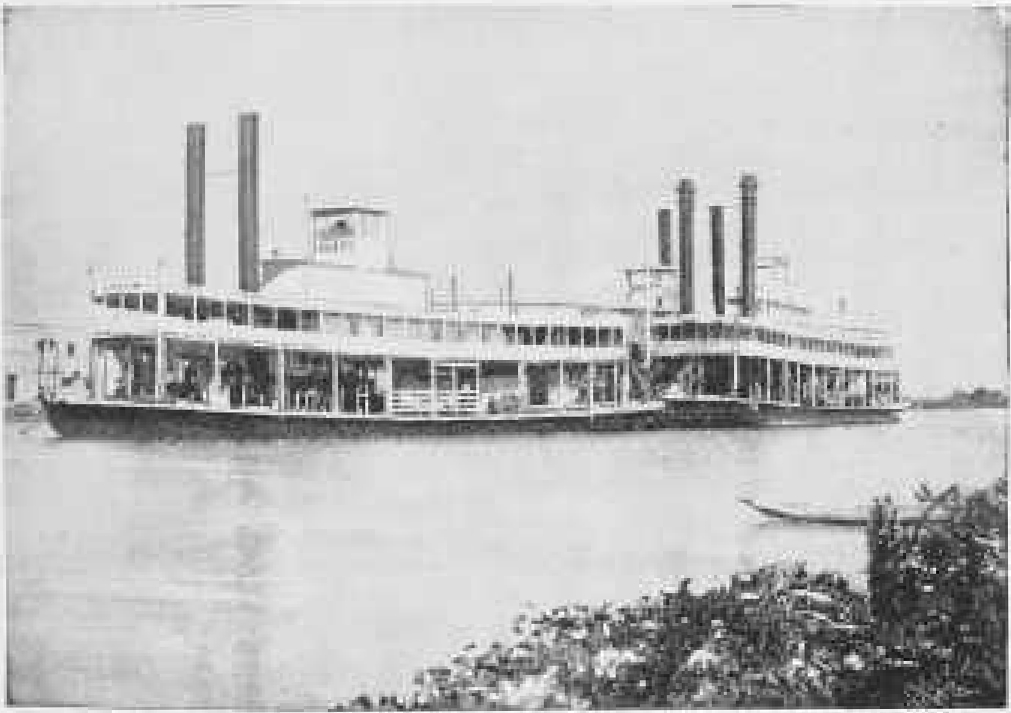 |
| I advocate effective use of technology, which may not be the latest thing. [Photo: CC0 PublicDomainPictures.net] |
Creating a serious library
Buying Books
Discovering Books
- Ryan Holiday's Reading List. Ryan Holiday is my ideal student, blending the old with the new.
- Art of Manliness Book Club and Podcast. This list and podcast introduced me to the work of Steven Pressfield, Cal Newport, Ralph Waldo Emerson, and Theodore Roosevelt, to name a few.
- Brain Pickings. Maria Popova's blog is how I'd want mine to be if I were writing for other people.
- Literary Hub. I have learnt so much from this website. It covers an extraordinary range of topics.
- Paris Review magazine and Podcast. It's not based in Paris, and it doesn't do reviews, but the hardcover subscription provides access to the entire archive, and the podcast, recently established in partnership with my favourite premium podcast subscription, Stitcher, is brilliant. See also the London Review of Books, but I stopped subscribing to the newspaper version, but still visit the site from time to time.
- Esquire magazine and Esquire Classic. The cover price is so cheap, why not? Esquire Classic is a separate (although discounted for print subscribers) subscription to everything ever published by Esquire. I discovered much of Fitzgerald, Hemingway, and Truman Capote's destructive La Côte Basque, 1965 in the archives.
- The Atlantic. I no longer subscribe to the New Yorker, but the international subscription price for The Atlantic is so low it is worth the money. Even if their prediction of the presidential election is still smarting.
- Lapham's Quarterly, The World in Time podcast, and Lapham's Quarterly: The Podcast. Lewis Lapham, former editor of Harper's Magazine, is still one of the sharpest intellects around.
- Stitcher. I host my own podcast on Stitcher. There are so many podcasts to listen to, but one of my favourites is Literature and History and, although as inconsistent as my own podcast, The Joy of Serious Literature.
- Book Riot and Annotated Podcast. This is a recent subscription. But the podcast introduced me recently to Truman Capote's downfall (see Esquire Classic above).
Blogging
My [blog] is written by myself and for myself - an author and audience of one.
Podcasting
Academic eBooks
Writing
On a recent podcast, I discovered Scrivener. For the price of a few cups of coffee, I purchased an annual subscription. The app is basically a word processor, but it enables one to organise written work, including references and images, and to keep an electronic index card system. The app enables various ways to merge and add metadata to documents, which can then be exported to MS Word or other apps. Takes a bit of work to learn, but worth the effort. Used in conjunction with Zotero's referencing app, I have solved my frustration with MS Word's inadequacies.Teaching
Teaching is an evolving practice, and I try to balance modern employment challenges with scholarly integrity. I find the following apps and sites useful.- The Hemingway App. This app helps students to write concisely and in plain language. I have trialled this successfully with an op-ed, where students were required to write to an audience with a Year 9 level of education, as gauged by the app. This is similar to the in-built apps used by a variety of media websites, and teaches students to write to a particular audience.
- Vocabify. I have been using this app since the beta version and provided feedback before it went live. Each time I encounter a new word, I add it immediately to the app. I can then review to my rote-learnt heart's content. This is very powerful, and sits right in the browser address bar. I encourage students to do the same.
- Stanford Encyclopedia of Philosophy (Plato). I am a recent convert to the "no textbook" subject. Textbooks are expensive and, I find, unnecessary. My go-to website for articles that relate to most of my teaching is Plato. The articles cover significant detail and, after using the site for a few years, I have confidence in the content. I use other sites, too, but when I want a reading for complex theories or ideologies, this is the best place to go, and it's free.
Storage
I have a legacy subscription to Google Drive. 100GB of data for $2.49 per month. The only disadvantage is that it is inaccessible in mainland China. The new plans are significantly more expensive on a monthly basis.Keeping it all together
I have developed the above approaches over many years, mostly through trial and error. But my system works well and I hope this proves useful for others.
 Donate
Donate





















